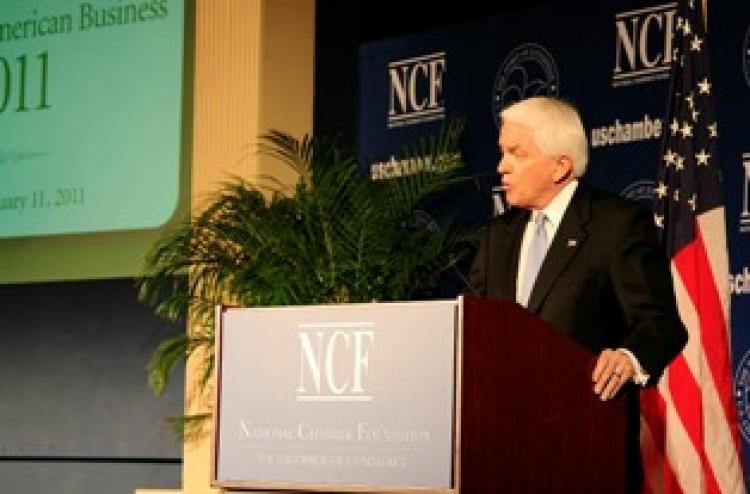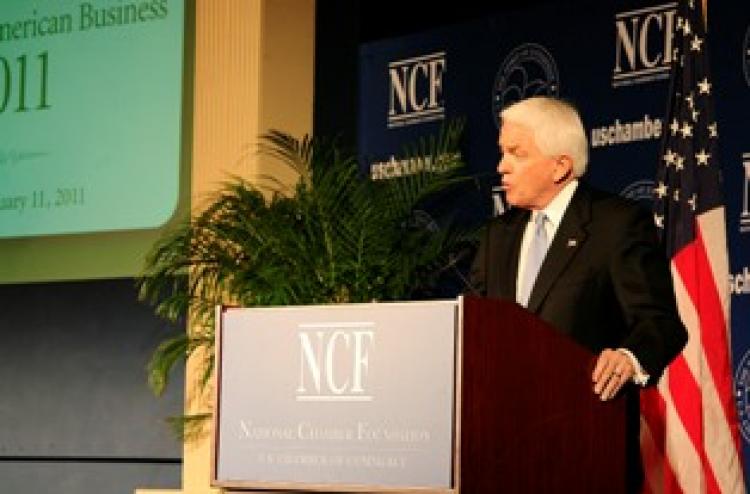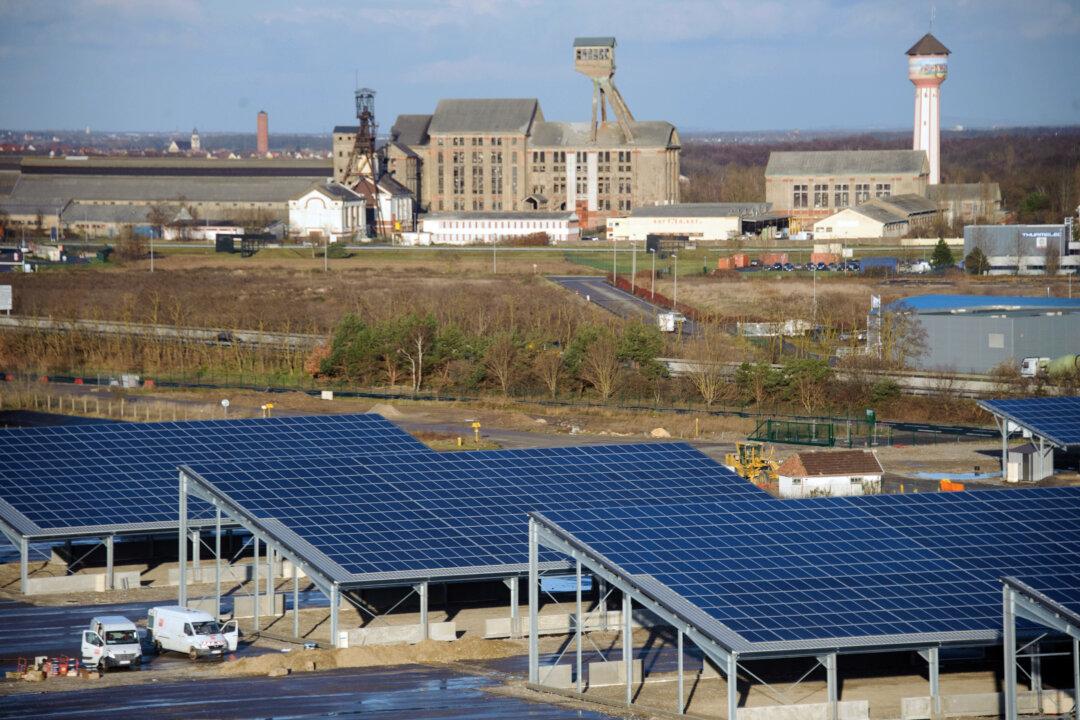Head of U.S. Chamber ‘Cautiously Optimistic’ About Economic Recovery
WASHINGTON—The world’s largest business federation is signaling cautious optimism about the nation’s economic recovery, putting down fears of a double dip recession, at least for now.
|Updated:
Reporting on the business of food, food tech, and Silicon Alley, I studied the Humanities as an undergraduate, and obtained a Master of Arts in business journalism from Columbia University. I love covering the people, and the passion, that animates innovation in America. Email me at andrea dot hayley at epochtimes.com
Author’s Selected Articles






